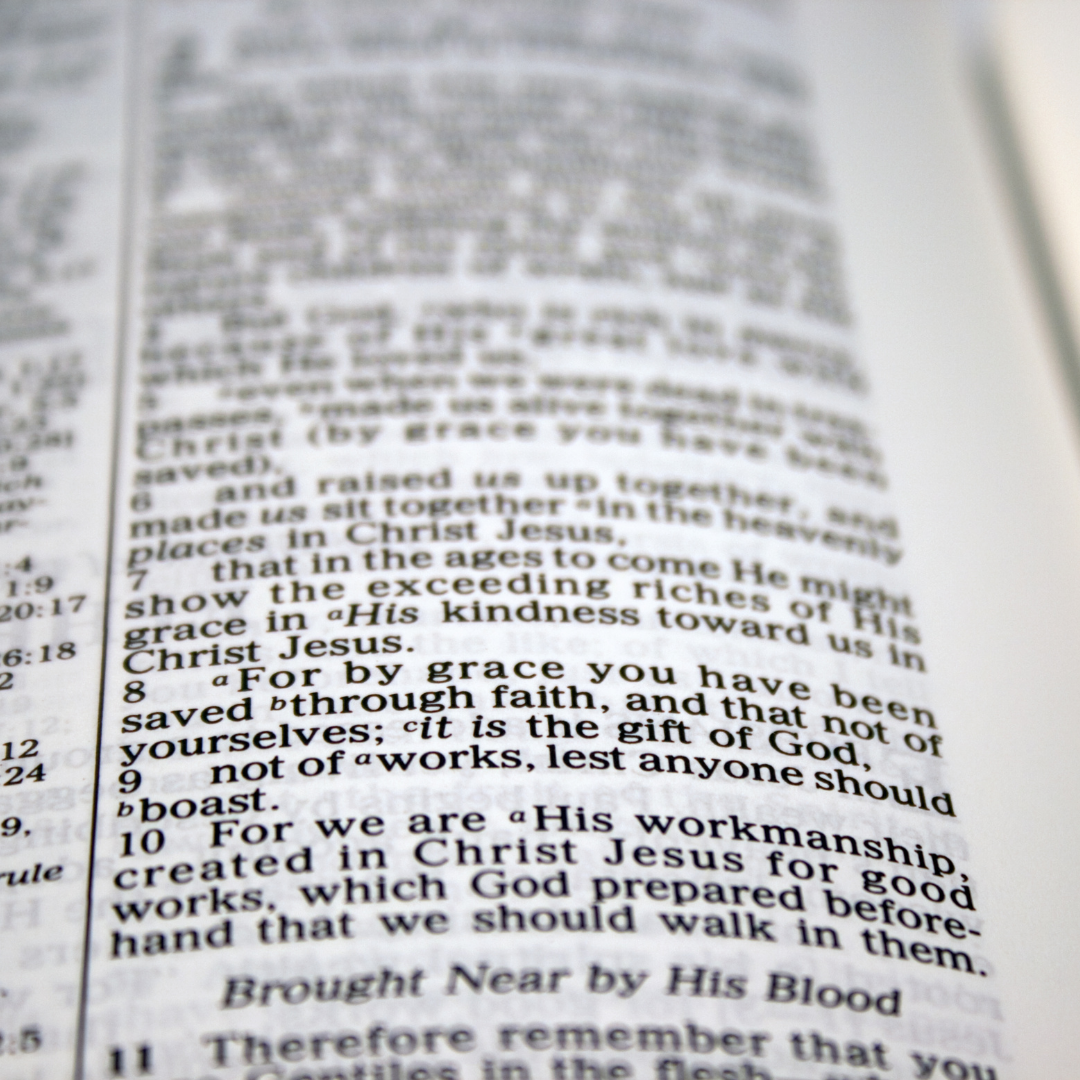Scripture trumps tradition when it comes to Jesus’ death, burial, and resurrection
It is important to abide by Scripture when it comes to Jesus’ death and resurrection. The Bible indicates that Jesus had to be crucified on Wednesday and arose sometime in the Saturday evening hours before the end of the Sabbath, contrary to the popular belief that He was crucified on Friday. This is further supported by the fact that the Jewish day begins and ends at 6 P.M. (sunset), with the daytime hours beginning at the “First hour” from dawn until 8 A.M. and lasting through the “Twelfth hour” of 6 P.M. to sunset. Additionally, the six days of Passover were being observed, culminating with the yearly High Sabbath (Leviticus 23), a three-day feast beginning on Wednesday sunset.
*** I want to make it emphatically clear that this is how I was taught when it comes to the crucifixion of our Lord and Savior. I’m not dogmatic about when our Lord was crucified. But what I am dogmatic about and what truly matters is not the specific day of the week when Jesus was crucified, but rather that we believe and share that Jesus willingly died for our sins, shed His blood, was buried, and was resurrected from the dead three days later (the gospel). The Lord Jesus did all of this on our behalf and those who believe in this good news are promised eternal life. At the end of the day, this is what truly matters.
Here is a timeline of events leading up to and including the death, burial, and resurrection of Jesus Christ:
14th Day of Nisan (our Tuesday sunset to Wednesday sunset): Christ betrayed (Matthew 26:14-25), Last Supper (Matthew 26:26-29), Christ in the Garden of Gethsemane (Matthew 26:30-46), Christ on trial (Matthew 26:57-68, 27:1-31), and Our Lord and Savior crucified (Matthew 27:32-50). His body was quickly placed in the tomb on Wednesday just before sunset (Matthew 27:57-66).
15th Day of Nisan (our Wednesday sunset to Thursday sunset): The first day of the feast and the first night and first day in the tomb.
16th Day of Nisan (our Thursday sunset to Friday sunset): The second day of the feast and the second night and second day in the tomb.
17th Day of Nisan (our Friday sunset to Saturday sunset): The third day of the feast, the weekly Sabbath, and the third night and third day in the tomb. The Resurrection took place on the Sabbath, around sunset on Saturday.
18th Day of Nisan (our Sunday morning after Sabbath): The tomb was found empty (Matthew 28:1-8).
It is essential to recognize that the Resurrection is of equal importance as the Crucifixion, as without it, Christ’s death accomplished nothing. Christ spent three days and nights (nights and days) in the tomb (Matthew 12:40), arose on the third day (1 Corinthians 15:4), and the tomb was found empty on Sunday morning. Therefore, we should base our beliefs on Scripture and not on traditions such as Ash Wednesday and Lent, which are not mentioned in the Bible, and Easter, which is mentioned incorrectly only once in the KJV.
(Easter has nothing to do with Passover nor does Easter have anything to do with any of the Jewish festivals. Pesach or Passover is the word that should have been used in Acts 12:4.)
For more on the Pesach or Passover check out Chabad.org.
- Salvation is by ‘Believing’ the Gospel by Faith Alone - April 21, 2024
- Counter-Cultural Humility: A Reflection on Philippians 2:3 - April 17, 2024
- Unbreakable: Finding Strength in Romans 8 - April 16, 2024





0 Comments